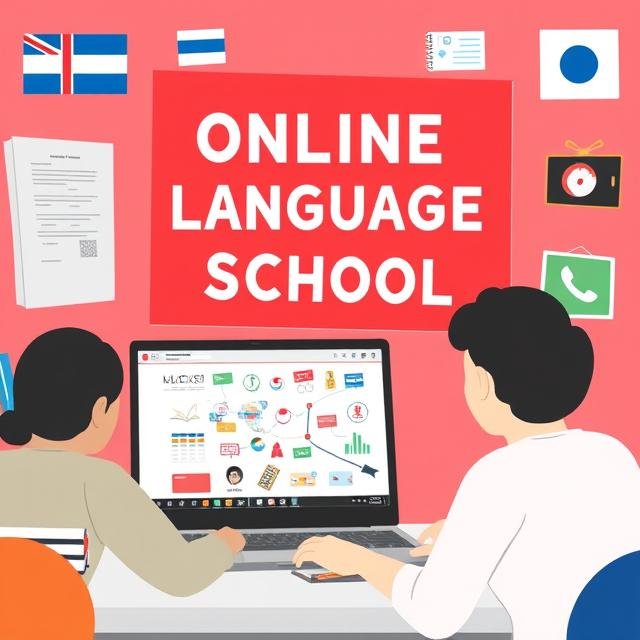
The rise of online education has revolutionized the way people learn languages. With more learners seeking flexible and accessible methods of language acquisition, online language learning has quickly become the future of education. Here are several reasons why.
1. Global Access to Education
The most obvious advantage of online language learning is its accessibility. Traditional language schools often require physical presence, making them difficult for those living in remote areas or with busy schedules. Online language platforms break down geographical barriers by offering courses accessible from anywhere with an internet connection. This democratizes education, providing language learning opportunities to a global audience, regardless of location.
2. Flexibility and Convenience
Online courses provide unmatched flexibility. Whether a student prefers to study during lunch breaks, after work, or late at night, online platforms cater to all schedules. This flexibility allows students to learn at their own pace and at times that are most convenient for them, which can lead to better retention and more consistent progress.
3. Personalized Learning Experience
Unlike traditional classroom learning, which follows a one-size-fits-all approach, online platforms offer personalized learning paths. AI-powered systems assess a learner’s strengths and weaknesses and adapt the lessons to suit their needs. Additionally, many platforms offer one-on-one lessons with tutors, ensuring that each student’s specific learning goals are met. This personalized approach leads to a more effective learning experience.
4. Cost-Effectiveness
Learning a language online is often more affordable than traditional classroom learning. Many platforms offer subscription-based models or pay-per-lesson systems, which are much cheaper than enrolling in in-person courses. Additionally, online language resources such as apps, podcasts, and video lessons can be free or low-cost, making language learning more accessible to a broader audience.
5. Technological Advancements
The integration of advanced technologies such as virtual reality (VR), augmented reality (AR), and artificial intelligence (AI) into online language learning platforms is pushing the boundaries of traditional education. These technologies provide immersive environments for learners, making it feel like they’re experiencing a language in its natural context. For example, VR can transport learners to simulated environments where they practice speaking with virtual characters.
6. A Growing Community of Learners
The online language learning space is not just about coursework but also community building. Many platforms offer language exchange programs, group lessons, or social spaces where learners can interact, ask questions, and exchange tips. These communities provide ongoing motivation and make learning feel less isolated, fostering a sense of belonging among learners from around the world.
In conclusion, learning languages online is shaping the future of education by offering greater accessibility, flexibility, and personalized learning. As technology continues to advance, we can expect even more innovative tools that will enhance language learning, making it an even more integral part of global education.

Leave a Reply